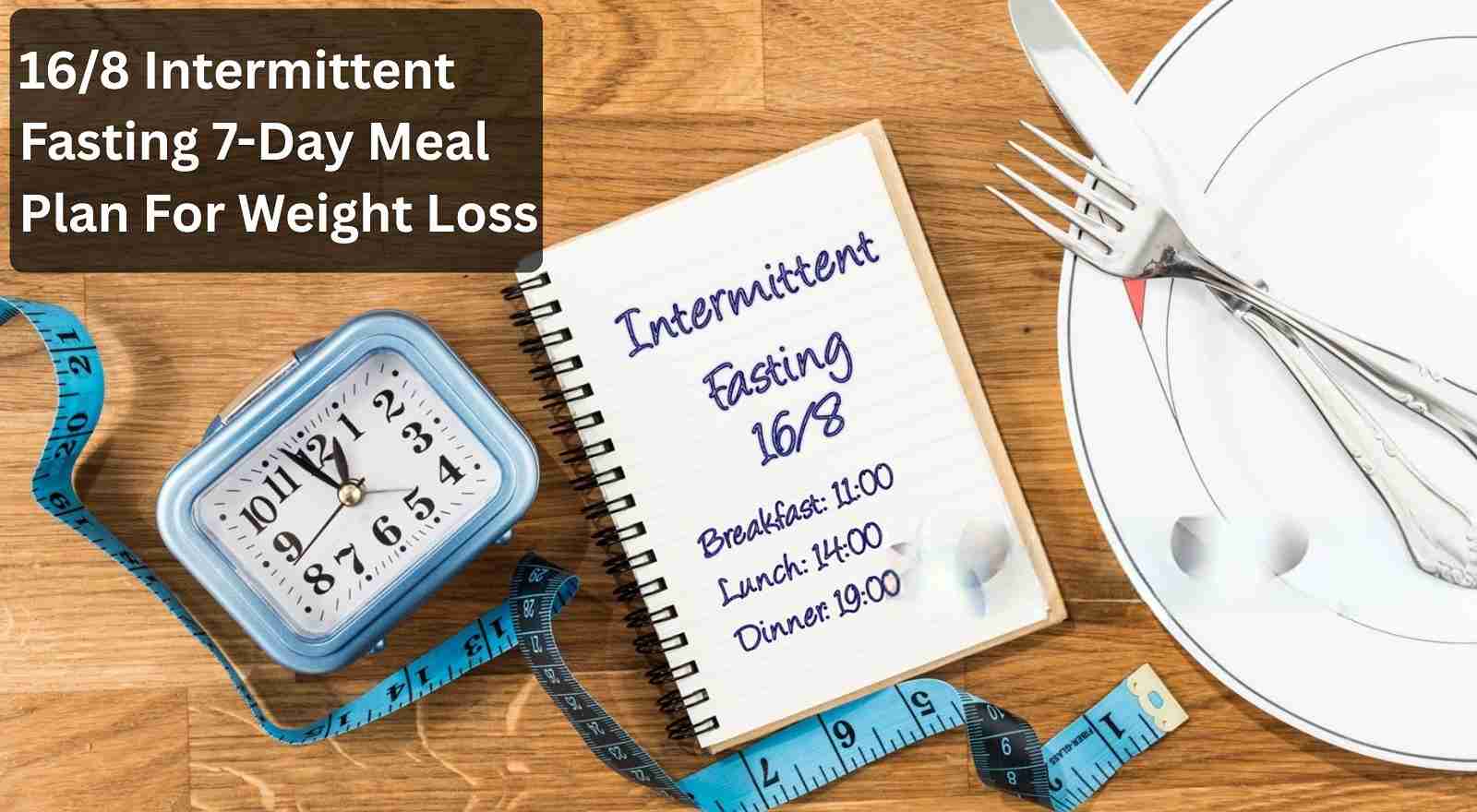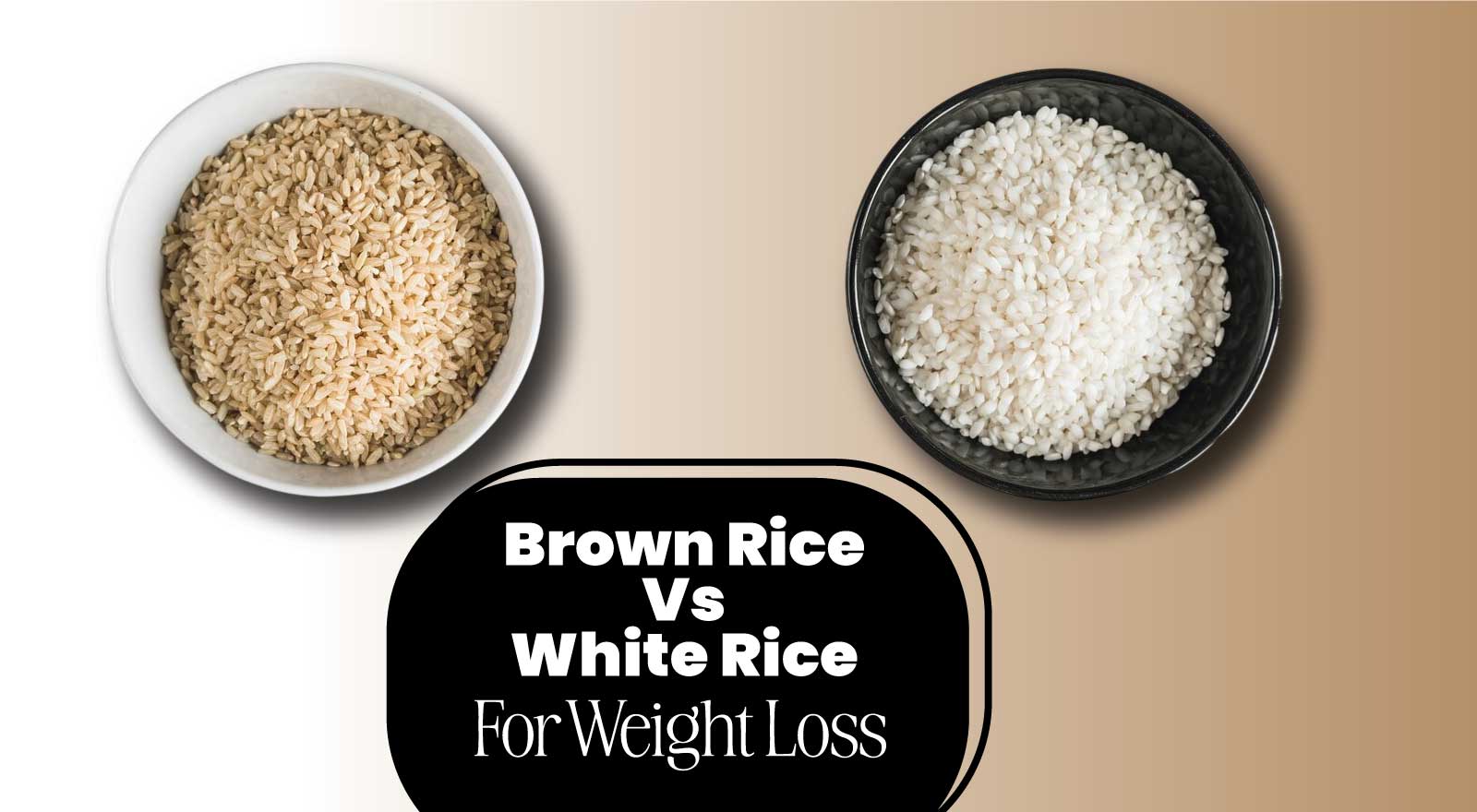A woman's body plays a crucial role in nurturing her developing baby during pregnancy, and maintaining overall health is essential. One important aspect of this is body weight, which can influence the pregnancy experience in both positive and challenging ways.
Body Mass Index (BMI) is commonly used as a way to find out whether a person is a healthy weight or not, and the same holds true for pregnant women. With body mass index for pregnant women, we can figure out whether a woman is in her ideal weight range or not.
However, if your body weight index was already too high or too low before pregnancy, you must be even more careful about your weight. Being overweight or underweight can cause many complications for a pregnant woman and may even harm the baby. In fact, there’s also a small risk of miscarriage if the mother is not a healthy weight while carrying her baby.
In this blog, we’ll find out the ideal body mass index for pregnancy and look at why it’s important to maintain a healthy weight.
Table of Contents
- What Is The Ideal BMI For A Healthy Pregnancy?
- How BMI Affects Pregnancy & Fertility
- What Is a Normal BMI To Get Pregnant?
- Expert’s Advice
- The Final Say
- FAQs
- References
What Is The Ideal BMI For A Healthy Pregnancy?

Body weight index (BMI) is a useful tool to estimate whether you are underweight, overweight or healthy weight in relation to your height — even in pregnancy. As your weight fluctuates during a pregnancy, maintaining a normal BMI becomes very important to avoid the risk of potential complications, which would make your pregnancy journey smoother and healthier.
The concept of BMI has been used in healthcare and medicine for a long time. In recent years, its importance has increased and understanding health is becoming more critical. Knowing your BMI gives you valuable insight into your current health and how you can support a healthy pregnancy for both you and your baby. All you need to do is take your weight in kilograms and divide it by the square of your height in meters.
BMI = weight (kg)/height (m2) |
The Indian Council for Medical Research (ICMR) classified the Body Mass Index as:
| Underweight | <18.5 kg/m2 |
| Normal weight | 18.5–24.9 kg/m2 |
| Overweight | 25.0 - 29.9 kg/m2 |
| Obese |
|
Also Read: Causes Of Hair Loss After Pregnancy, Home Remedies And Nutrients To Consider For Regrowth!
Here is a chart of BMI and weight gain during pregnancy that may provide some information.
Description | BMI Range | Healthy Weight Gain |
Underweight | < 18.5 | 13 – 18 kg |
Normal | 18.5 to 24.9 | 11 – 16 kg |
Overweight | 25 – 29.9 | 7 – 11 kg |
Obese | ≥ 30 | 5 – 7 kg |
How BMI Affects Pregnancy & Fertility?
During pregnancy, keeping track of your BMI is crucial to ensure both your health and the health of your baby.
A high BMI can interfere with regular ovulation, making it harder for a woman to conceive, and may delay pregnancy even for women who typically ovulate on schedule. Studies show that a higher BMI can also lower fertility, and for women with obesity, conception may take longer. If you have a higher-than-normal BMI, you may face:
- Gestational diabetes
- Preeclampsia (high blood pressure)
- Miscarriage or stillbirth
- Preterm birth
- Difficulty with labour and delivery
- Increased risk of heart problems
- Sleep apnea
Similarly, having a low BMI during pregnancy also poses health risks. Complications that arise due to the mother having a lower-than-normal BMI include:
- Preterm birth
- Low birth weight
- Nutritional deficiencies
- Increased risk of miscarriage
- Delayed fetal development
To avoid these complications and have a healthy pregnancy, it’s important for the mother to maintain a healthy weight. If you notice excessive weight gain or struggle to gain weight appropriately, it’s important to consult with your healthcare provider.
Calculating your BMI during pregnancy is simple. Just ask your doctor for your pregnancy weight, which is used to determine your BMI.
Weight gain during pregnancy should be gradual: 0.5 kg per month initially, then it may double in the second trimester and increase even more in the third trimester. While BMI may not perfectly reflect healthy weight, it remains the best tool to assess your health and guide appropriate weight gain during pregnancy.
Also Read: Nurturing Maternal Health: Best Exercises During Pregnancy Third Trimester!
What Is a Normal BMI To Get Pregnant?
The ideal BMI for pregnancy is between 18.5 and 24.9. If you’re trying to get pregnant, then maintaining this range of BMI can optimise fertility and reduce the risks of complications.
If your BMI puts you in the underweight, overweight or obese range, then managing your weight before getting pregnant would be beneficial for your pregnancy journey and the health of the baby. However, it’s also important to consult a doctor to accurately determine whether your weight is healthy enough to carry out a healthy pregnancy.
Apart from that, it’s also important to maintain a healthy BMI range during the pregnancy — which you can check by looking at the weight gain chart given above.
Also Read: 4 Effective And Safest Pelvic Floor Exercises For Pregnancy
Expert’s Advice
It is important to monitor a woman’s BMI during pregnancy to ensure it does not affect the health of both mother and baby. By living a healthy and active lifestyle and having regular consultations with a doctor, you can ensure a healthy and smooth pregnancy and avoid complications.
As an expert, I would recommend maintaining a healthy diet, eating clean, and doing regular exercise to have a strong and healthy body that can carry your child.
Health Expert
Lavina Chauhan
The Final Say
Coming under the underweight, overweight or obese category in BMI during pregnancy may increase the risk of complications for you and your baby. Although weight gain is expected during pregnancy, you want to make sure it aligns with a healthy BMI range.
Working with your healthcare provider can help you manage the risks and promote a healthy pregnancy. Getting closer to a healthy weight even before you get pregnant will increase the likelihood of your baby being healthy from birth and into adulthood.
FAQs
1. What is an ideal/healthy BMI for pregnancy?
The healthy BMI is between 18.5 and 24.9 for adults between young and Middle Ages. Under 18.5 is considered underweight, and more than 25 is overweight.
2. Why is it important to achieve a healthy weight during pregnancy?
Research tells us that having a healthy weight during pregnancy can significantly reduce health risks during and after pregnancy. Maintaining a healthy weight will provide a better environment for your unborn child and reduce potential risks.
References
- https://www.thewomens.org.au/health-information/pregnancy-and-birth/a-healthy-pregnancy/weight-pregnancy
- https://mylofamily.com/hi/article/-%E0%A4%AA%E0%A5%8D%E0%A4%B0%E0%A5%87%E0%A4%97%E0%A5%8D%E0%A4%A8%E0%A5%87%E0%A4%82%E0%A4%B8%E0%A5%80%20%E0%A4%AE%E0%A5%87%E0%A4%82%20%E0%A4%AC%E0%A5%80%E0%A4%8F%E0%A4%AE%E0%A4%86%E0%A4%88-200183
- https://www.amarujala.com/bmi-calculator
- https://www.tv9hindi.com/lifestyle/be-alert-about-your-bmi-during-pregnancy-otherwise-complications-may-increase-518354.html
- https://www.ivf.com.au/planning-for-pregnancy/female-fertility/bmi-for-pregnancy
- https://www.thekids.org.au/projects/healthy-pregnancy--me2/healthy-pregnancy-me/bmi-and-healthy-pregnancy-weight/
- https://pmc.ncbi.nlm.nih.gov/articles/PMC6572546/
- https://journals.plos.org/plosone/article?id=10.1371/journal.pone.0061627
- https://www.betterhealth.vic.gov.au/health/conditionsandtreatments/weight-fertility-and-pregnancy-health
About ToneOp Fit
ToneOp Fit is a platform dedicated to improving and maintaining good health through a comprehensive range of goal-oriented health plans with up to 3 Coach support. With a range of Weight Management, Medical Condition, Detox Plans, and Face Yoga Plans, the app also provides premium health trackers, recipes and health content. Get customised diet, fitness, naturopathy & yoga plans and transform yourself with ToneOp.










































